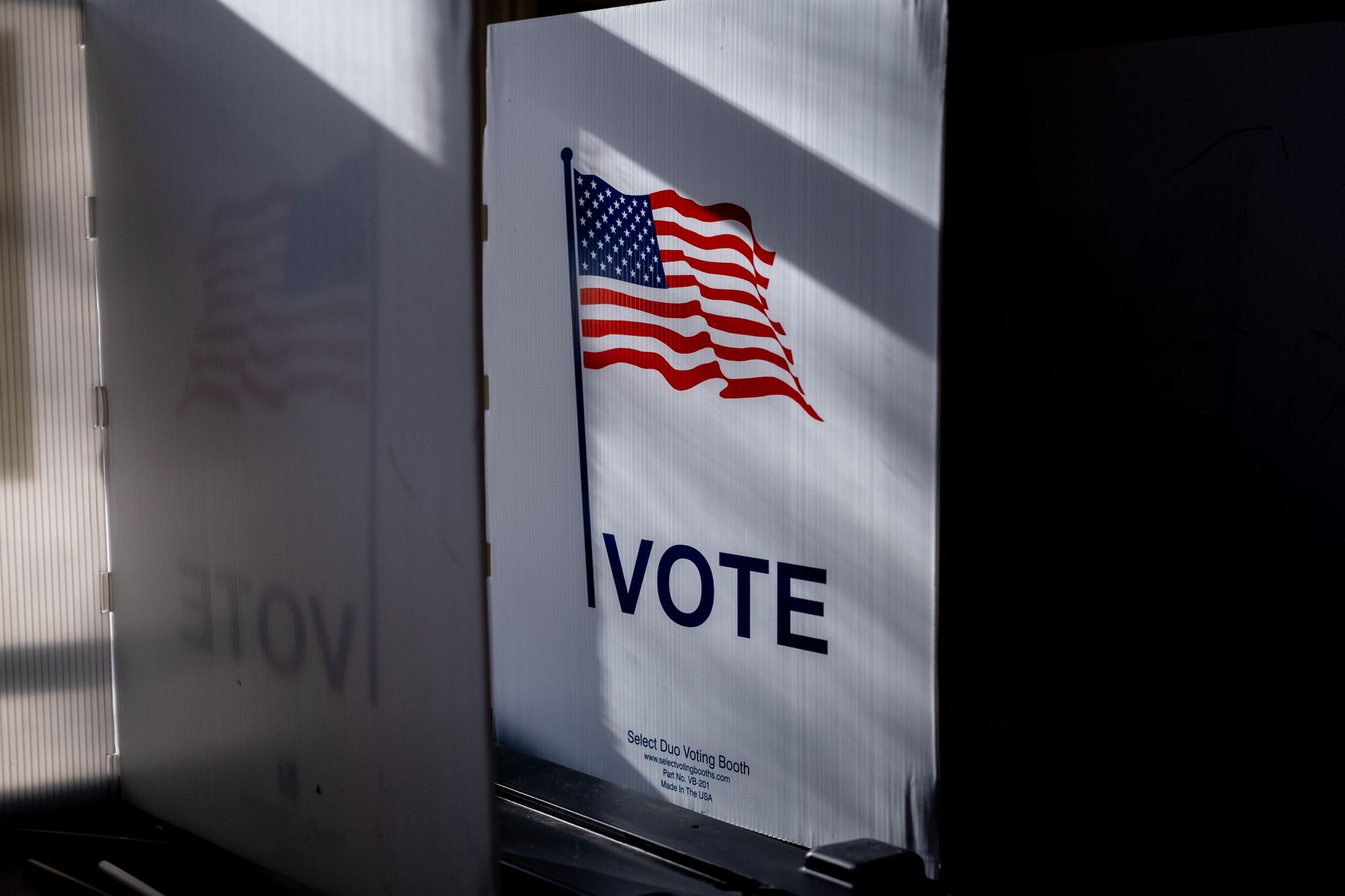One of the most intriguing long-term democratic experiments in the United States is nearing its conclusion, but not before sparking changes across the nation. This experiment, conducted in Louisiana over the past half-century, has deviated from the traditional party primary system used in presidential elections. Instead, for non-presidential offices, Louisiana has offered every voter the choice of every candidate, irrespective of party affiliation. If no candidate secures a simple majority, the top two candidates proceed to a runoff. However, for presidential primaries, Louisiana is among the states that exclude independent voters.
Current Developments in Louisiana
Republican Governor Jeff Landry of Louisiana has advocated for replacing the unique open primary system with a closed primary system, accessible only to party members. He argues that this change is necessary for the fairness of political parties and expresses concern over the possibility of Louisiana lawmakers’ elections being undecided until December. However, legislators have only agreed to reduce the open primary system for congressional and some other races, maintaining it for statewide races, including the governorship.
Impact of Open Primaries in Other States
States such as California and Washington have adopted their own versions of Louisiana’s system. In California, it is now common to see two Democrats emerge from an open primary to compete on Election Day. Changing the system could significantly impact Louisiana, where the open primary system has demonstrably resulted in less extreme lawmakers, according to Christian Grose, a political science professor at the University of Southern California.
Open Primaries and Political Moderation
Grose’s research indicates that open primaries produce more moderate lawmakers compared to closed primaries. While it is not guaranteed that voters will choose a more moderate candidate, Grose argues that open systems provide an opportunity to elect less extreme candidates, a rarity in closed systems.
Impact on Party Control and Candidate Extremism
However, some argue that party leaders have lost control of the primary process, leading to more extreme candidates. This was evident when Republican Party leaders failed to derail Donald Trump’s candidacy in 2016, leading to a reshaping of the party. Most states have opened their primaries to independent voters to varying degrees, even if they do not have a fully open, nonpartisan primary system like Louisiana or California.
Senators’ Stance on Trump
Both of Louisiana’s senators are Republicans, but they diverge on their stance towards Trump. Bill Cassidy voted to remove Trump from office following the January 6, 2021, insurrection, while John Kennedy did not. Cassidy was one of only seven Republican senators to vote for Trump’s removal during his second impeachment trial.
Ranked-Choice Voting System
Ranked-choice voting, a system where voters rank their preferred candidates, has been adopted in states like Alaska and cities like New York. However, this system is under threat in Alaska, where the legislature is attempting to reverse the system approved by voters in a 2020 ballot initiative.
Why Does This Matter?
The partisan primary system in the US has been identified as a contributing factor to increasing partisanship. This is evident as Trump consolidates his control over the Republican Party with a message of “retribution” against his opponents if he wins the White House again in 2024.
Party Identification in the US
Most Americans do not identify with a party, but they do lean towards one or the other. Gallup’s tracking shows that those identifying as independent first outnumbered Democrats and Republicans in 1991 and have continued to do so for all but a few years. However, most Americans who describe themselves as independent aren’t truly so, as they tend to lean towards Republicans or Democrats.

